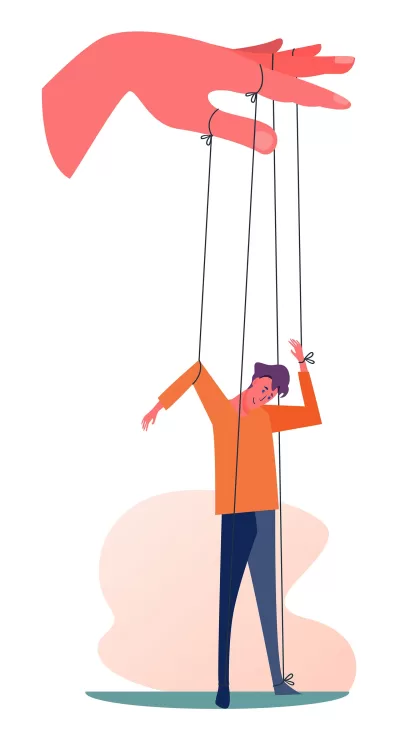 If you suspect your significant other is a narcissist, there are some signs to look out for. These include an excessive need for admiration, a lack of empathy, a sense of entitlement, a tendency to manipulate or exploit others, and an inflated sense of self-importance. If your significant other exhibits these behaviors, it may be worth discussing your concerns with them and seeking professional help. It is important to remember that not all people with narcissistic traits are necessarily narcissists, and it is important to approach the conversation with an open mind and an understanding of the complexities of mental health.
If you suspect your significant other is a narcissist, there are some signs to look out for. These include an excessive need for admiration, a lack of empathy, a sense of entitlement, a tendency to manipulate or exploit others, and an inflated sense of self-importance. If your significant other exhibits these behaviors, it may be worth discussing your concerns with them and seeking professional help. It is important to remember that not all people with narcissistic traits are necessarily narcissists, and it is important to approach the conversation with an open mind and an understanding of the complexities of mental health.
Being in a relationship with a narcissistic partner can be emotionally draining and damaging. Narcissists have a distorted sense of self-importance and an excessive need for admiration. They often lack empathy and manipulate or exploit others for their own gain. If you suspect that your significant other may be a narcissist, it is crucial to recognize the signs and address the issue for the sake of your own well-being. We will explore the common signs of narcissism and discuss how to approach the situation.
Excessive need for admiration
One of the key traits of a narcissist is their constant need for validation and admiration from others. They crave attention and praise, often seeking it through grandiose gestures or exaggerating their achievements. It may be a red flag if your partner constantly seeks compliments, attention, and reassurance from you and others.
Lack of empathy
Narcissists struggle to empathize with others and often disregard the feelings and needs of those around them. They cannot understand or relate to the emotions of others, making it difficult for them to provide support or be emotionally available. If your partner consistently shows a lack of empathy towards you and others, it could be a sign of narcissism.
Sense of entitlement
Narcissists believe they are special and deserve special treatment. They have an inflated sense of entitlement and expect others to cater to their needs and desires without question. They may become angry or resentful if their demands are not met. If your partner consistently displays a sense of entitlement and expects you to prioritize their needs above your own, it may indicate narcissistic tendencies.
Manipulation and exploitation
Narcissists are skilled manipulators who use others to fulfill their own needs and desires. They may exploit your vulnerabilities, emotions, and resources for their own benefit. They often use charm and charisma to manipulate situations and people to their advantage. If your partner frequently manipulates or exploits you or others, it could be a sign of narcissism.
Inflated sense of self-importance
Narcissists have an exaggerated sense of their own importance and believe they are superior to others. They constantly seek validation and admiration to reinforce their inflated self-image. They may belittle or denigrate others to boost their own ego. If your partner consistently displays arrogance, superiority or dismisses the achievements and opinions of others, it may be indicative of narcissism.
If you recognize these signs in your partner, it is essential to address your concerns. However, it is important to remember that not all individuals with narcissistic traits are necessarily narcissists. Some people may exhibit these behaviors due to other factors or temporary circumstances. Therefore, it is crucial to approach the conversation with an open mind and seek professional help if needed.
When discussing your concerns with your partner, choose a calm and nonconfrontational setting. Express your feelings and observations without placing blame. Use “I” statements to communicate how their behavior affects you and the relationship. It is important to set boundaries and prioritize your own well-being. If your partner is unwilling to acknowledge their behavior or seek help, it may be necessary to consider ending the relationship for your own emotional health and happiness.
Spotting the signs of narcissism in your partner can be challenging but crucial for your own well-being. Look out for the excessive need for admiration, lack of empathy, sense of entitlement, manipulation or exploitation, and inflated sense of self-importance. Remember to approach the conversation with understanding and seek professional help if necessary. Ultimately, prioritize your emotional health and happiness above all else.
Summary




